The Ultimate Guide to Evaluating AI Tools: Discover the essential strategies for selecting AI solutions that align with your business goals and enhance operational efficiency.In the ever-evolving landscape of artificial intelligence (AI), selecting the right AI tool...

Coaching with AI
Revolutionizing Coaching with AI: Unlock Your Potential
The Power of AI in Coaching
Artificial Intelligence is ushering in a new era for the coaching industry, transforming the way we approach personal and professional development. This groundbreaking shift is not just a trend; it represents a fundamental change that enhances the coaching experience in ways we could only imagine a few years ago.
Imagine stepping into a coaching session where every insight is tailored specifically to your unique journey. With AI, this is now a reality. Coaches can deliver personalized feedback that resonates with individual goals and challenges, ensuring that each interaction is meaningful and impactful. This level of customization fosters a deeper connection between coach and client, making the coaching process more engaging than ever.
The power of AI extends beyond personalization. It provides real-time feedback that accelerates growth and understanding. Coaches can now identify obstacles as they arise, allowing for immediate adjustments and strategies that keep clients on track. This dynamic approach not only enhances the learning experience but also empowers clients to take charge of their development.
Data-driven strategies are at the forefront of this evolution. By analyzing patterns and trends, coaches can refine their methodologies, creating a more profound impact on their clients. This analytical approach allows for a deeper understanding of what works, enabling coaches to adapt and innovate continuously.
Moreover, the efficiency of coaching sessions has reached new heights. With AI tools, coaches can streamline their processes, making sessions not only more productive but also more enjoyable. Clients feel more engaged and invested in their progress, leading to a more fulfilling coaching experience.
One of the most significant advantages of this transformation is the accessibility it brings to coaching. By breaking down traditional barriers, AI opens the door for individuals who may have previously felt excluded from the benefits of coaching. This inclusivity ensures that more people can experience the life-changing opportunities that coaching offers.
At WiselyWise, we are excited to be at the forefront of this revolution. Our cutting-edge AI tools empower coaches and clients alike, unlocking potential that was once thought unattainable. Together, we can inspire individuals to reach their most ambitious dreams.
Let’s work together to create a brighter future for everyone, ensuring that the transformative power of coaching is accessible to all. With AI as our ally, we can redefine what is possible in the coaching landscape, paving the way for a new generation of growth and achievement.
AI is a powerful ally in personal growth. Coaching with AI offers insights that empower you to unlock your potential. Embrace the fusion of technology and human connection for transformative experiences.
Key Features of AI-Enhanced Coaching
AI tools are transforming coaching by providing unparalleled insights and efficiency.
Personalized Learning Paths
AI analyzes individual learning styles and adapts coaching strategies to fit each unique need, ensuring maximum engagement and progress.
Real-Time Feedback
Instant analysis and feedback allow for immediate adjustments, helping clients stay on track and achieve their goals faster.
Data-Driven Insights
Leverage comprehensive data analytics to identify trends, measure progress, and make informed decisions that enhance coaching outcomes.
Scalable Solutions
AI-powered tools enable coaches to manage more clients efficiently, scaling their practice without compromising on quality.
What Our Clients Say
AI Impact in Coaching
100
85% of coaches report improved client engagement through AI insights.
100
AI tools have reduced administrative workload by 40% for coaching professionals.
100
Coaches using AI have seen a 30% increase in client retention rates.
100
AI-driven strategies have enhanced decision-making speed by 50%.
100
90% of clients feel more satisfied with AI-enhanced coaching sessions.
100
AI integration has led to a 25% increase in overall coaching efficiency.
Explore More on AI in Coaching
The Ultimate Guide to Evaluating AI Tools
How To Enroll in the Best AI for Business Course Online
How To Enroll in the Best AI for Business Course Online Boost your career by enrolling in the best AI for business course tailored to meet the needs of modern professionals. As artificial intelligence becomes an integral part of business innovation, having a deep...
How To Effectively Implement AI Tools in Education
How To Effectively Implement AI Tools in Education AI tools for education are reshaping the ways in which teachers engage with students and manage their responsibilities. As educators strive to create personalized learning experiences and foster student engagement,...
Unlock AI Potential in Coaching
Transform your coaching practice with WiselyWise’s cutting-edge AI solutions. Explore how our tools can enhance your coaching strategies, streamline operations, and deliver personalized experiences to your clients. Embrace the future of coaching today.


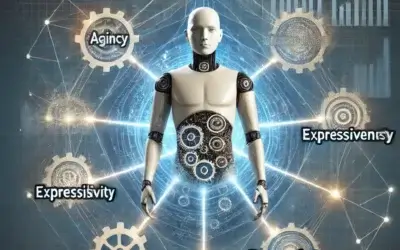
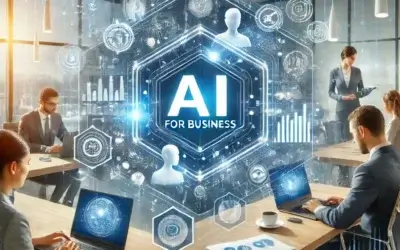

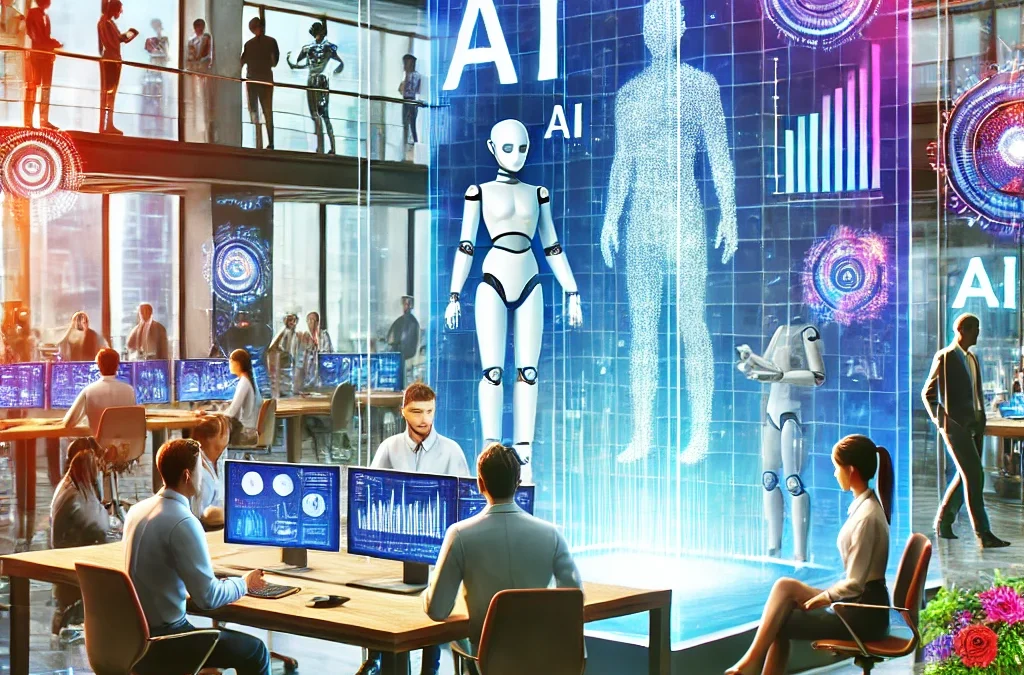
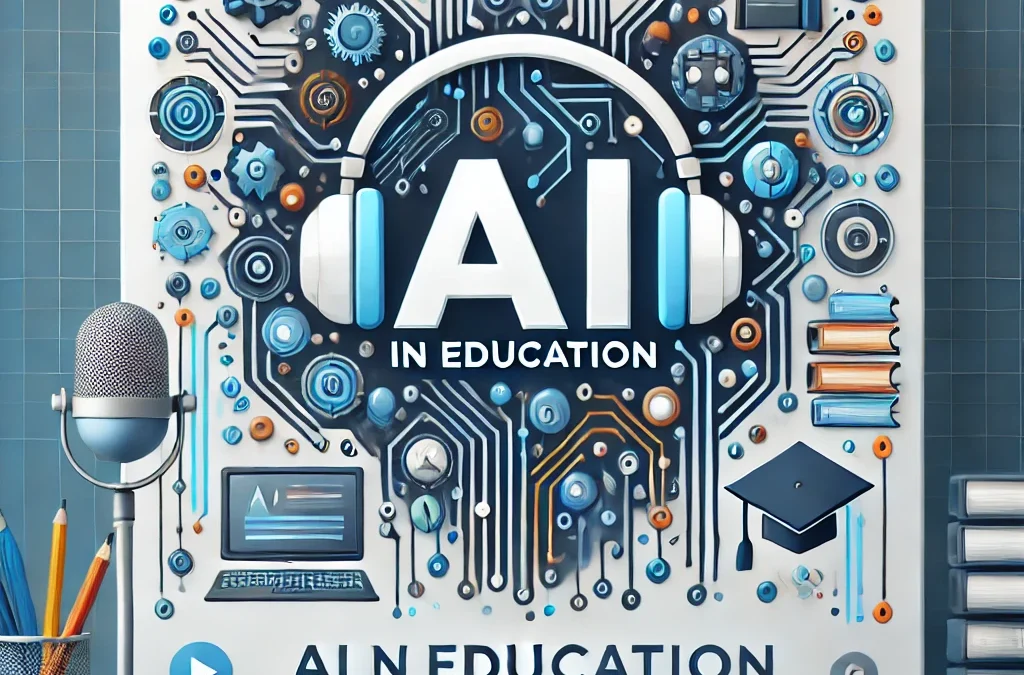
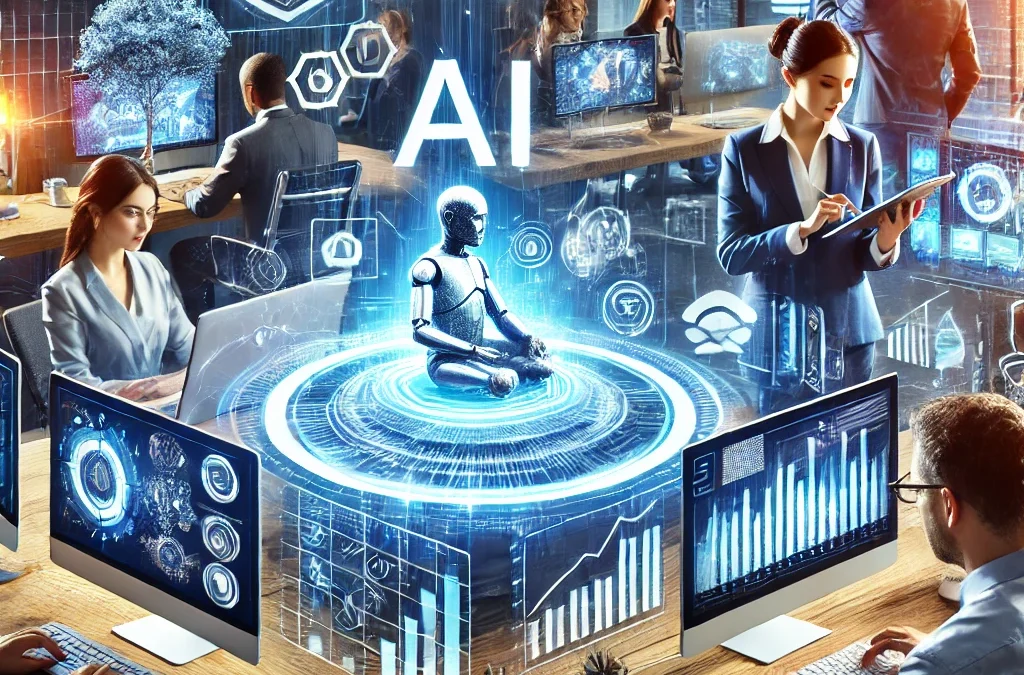







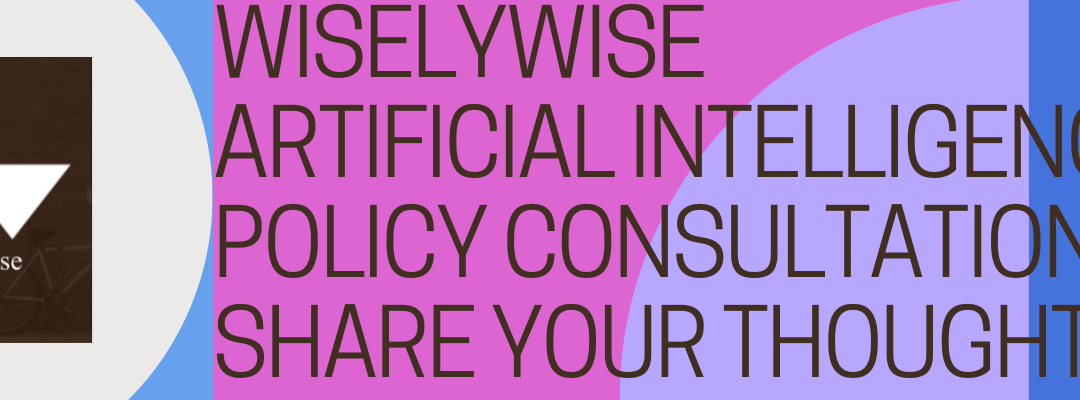




Recent Comments